N.H. wants to get vaccine vans rolling again, as new COVID boosters arrive
New Hampshire Public Radio | By Paul Cuno-Booth
Published September 16, 2022 at 4:13 PM EDT
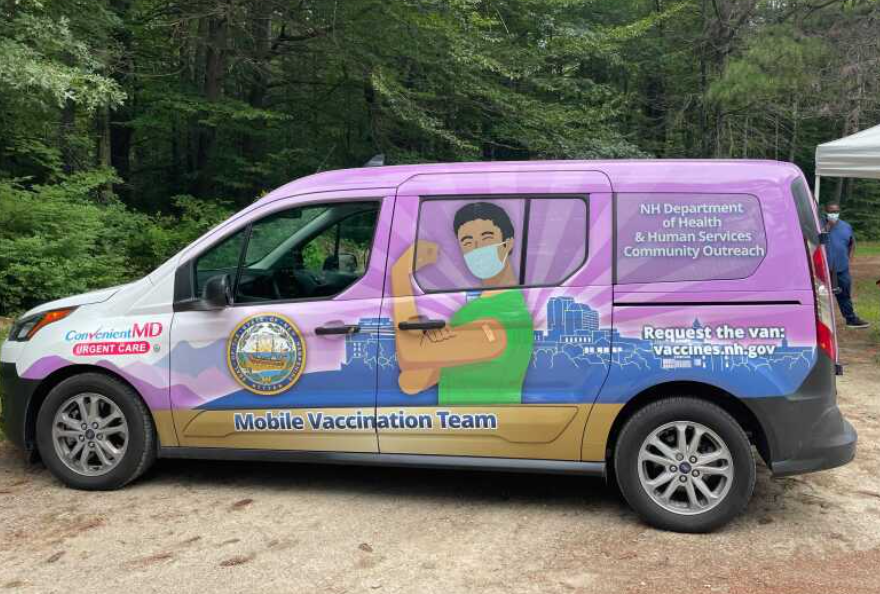
You can find locations offering COVID-19 vaccinations and boosters near you at vaccines.gov. Updated boosters are available to people 12 or older who have been vaccinated, once two months have passed since their last COVID vaccine, booster shot or infection.
The state plans to re-launch its mobile vaccine van program next month. Officials say the four-vehicle fleet will help make COVID-19 boosters available to more people, amid an expected increase in cases this fall and winter.
“We think we should make vaccine as easily available in every nook and cranny around the state, and our mobile vaccine services help us,” Division of Public Health Director Patricia Tilley recently told lawmakers.
The state health department intends to have the vans running again from October to March. Three would be for pop-up clinics at community events, workplaces and other sites across New Hampshire. A fourth would make house calls to give shots to homebound people.
A previous mobile COVID-19 vaccination campaignended in June after administering close to 40,000 doses over the course of a year, according to state officials, while a separate service vaccinated more than 2,000 homebound people.
State and federal health officials are urging people to get boosted, noting protection from previous vaccination declines over time and the updated boosters target newer strains of the virus that have become dominant.
“These updated booster doses more closely align to the new COVID-19 Omicron variant,” State Epidemiologist Dr. Benjamin Chan said in a news release Monday, calling them “the most effective way to prevent serious illness, hospitalization and death from COVID-19.”
The updated boosters have started arriving in New Hampshire over the past two weeks and are available at many pharmacies, as well as through some health care providers.
Tilley said the state’s mobile vaccine program can reach people who have difficulty getting to those spots. For instance, the vans can hold pop-up clinics at work sites for employees with challenging schedules. She said the state is trying to “ensure that there’s equitable distribution everywhere, instead of just leaving it to the free market on its own.”
The rollout of new boosters comes as much of the responsibility for COVID-19 vaccinationhas shifted from the public sector to the private health care system. Meanwhile, additional federal funding for vaccines, tests and other public-health measuresremains in doubt. Earlier this month, the government stoppedsending free COVID-19 tests to households that requested them, citing Congress’ failure to provide more money.
Anne Sosin, a policy fellow at Dartmouth College’s Nelson A. Rockefeller Center for Public Policy, worries that shift will disproportionately impact rural areas, communities of color, the uninsured and others who tend to face more barriers accessing health care.
Earlier in the pandemic, she said, intensive public-health campaigns in some places narrowed racial disparities in vaccination and brought shots closer to people in sparsely populated areas with few health care providers. She fears that pulling back from such efforts will leave those communities less protected against future waves of the virus.
“We see that there are gaps in booster coverage across communities, and also there are disparities in access to testing and treatment,” Sosin said. “And all of these things are going to shape uneven outcomes moving forward.”
The New Hampshire Department of Health and Human Services plans to pay for the mobile vaccination program with $6 million in federal money from the 2021 American Rescue Plan Act. Lawmakers approved the request last week.
The state health department said in its proposal to lawmakers that without the money, the state’s “limited public health infrastructure” would struggle to efficiently distribute vaccines or deal with a potential fall surge of cases. The federal government has given no indication it plans to send more money to the states this fall, it added.
Officials say they plan to bring a contract before the Executive Council for approval later this month. The vans will be operated by a private vendor.
Scottlyn Schuler, who oversees the COVID-19 response for the Strafford County and Seacoast public health networks, said demand is another big question. Only about half of vaccinated people nationallyhave received a booster shot, with many sayingthey doubt boosters’ effectiveness or feel protected enough from past vaccination or infection.
Schuler would like to see a bigger push from public officials and other leaders to communicate thebenefits of boosters.
“It’s important that the message goes beyond, ‘Hey, this is where you can get your vaccine,’ ” she said. “The message also needs to be why the vaccine is important to get, why the boosters are important to get. You know, these variants continue to change. Immunity wanes.”
It remains to be seen whether a fall surge in COVID cases leads to a spike in demand for boosters. That’s what happened last year, Schuler said — and, as of now, there isn’t funding for the public health system to respond to something like that.
“The private health system is really going to have to be able to take this on,” she said, “plus a little bit that the state’s doing in trying to use [mobile vaccine services] to get out and hopefully assist in … some targeted areas.”
You can find locations offering COVID-19 vaccinations and boosters near you at vaccines.gov. Updated boosters are available to people 12 or older who have been vaccinated, once two months have passed since their last COVID vaccine, booster shot or infection.
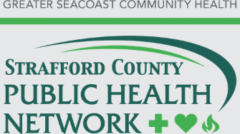
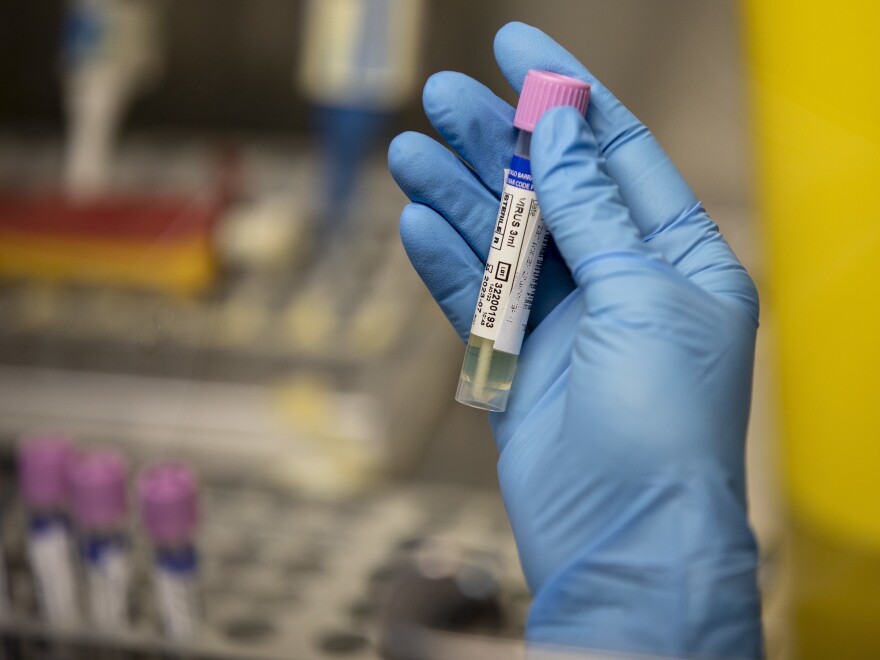
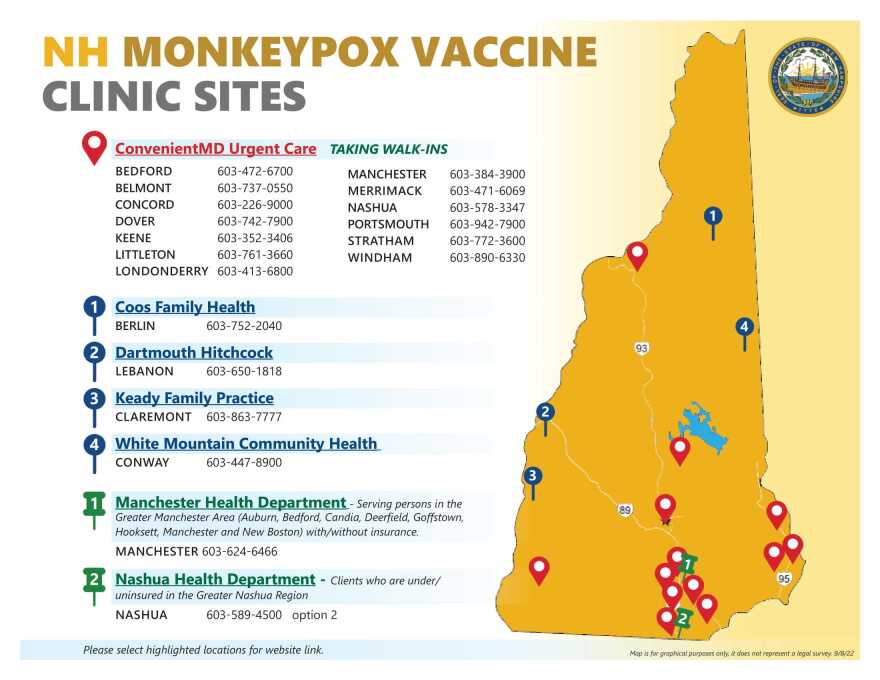
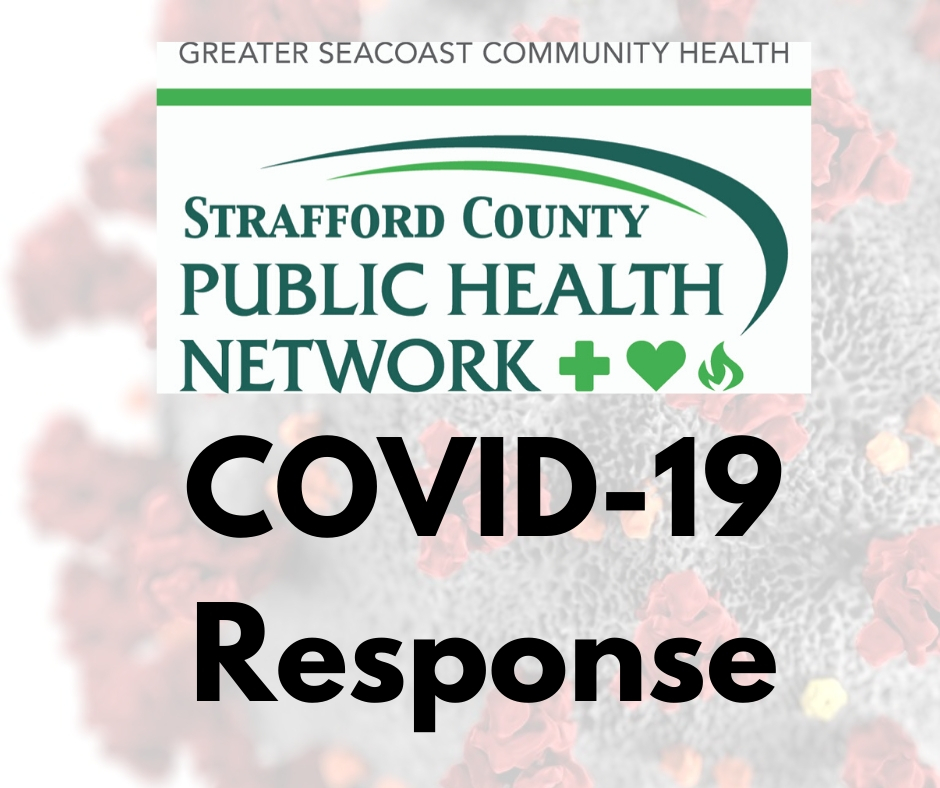
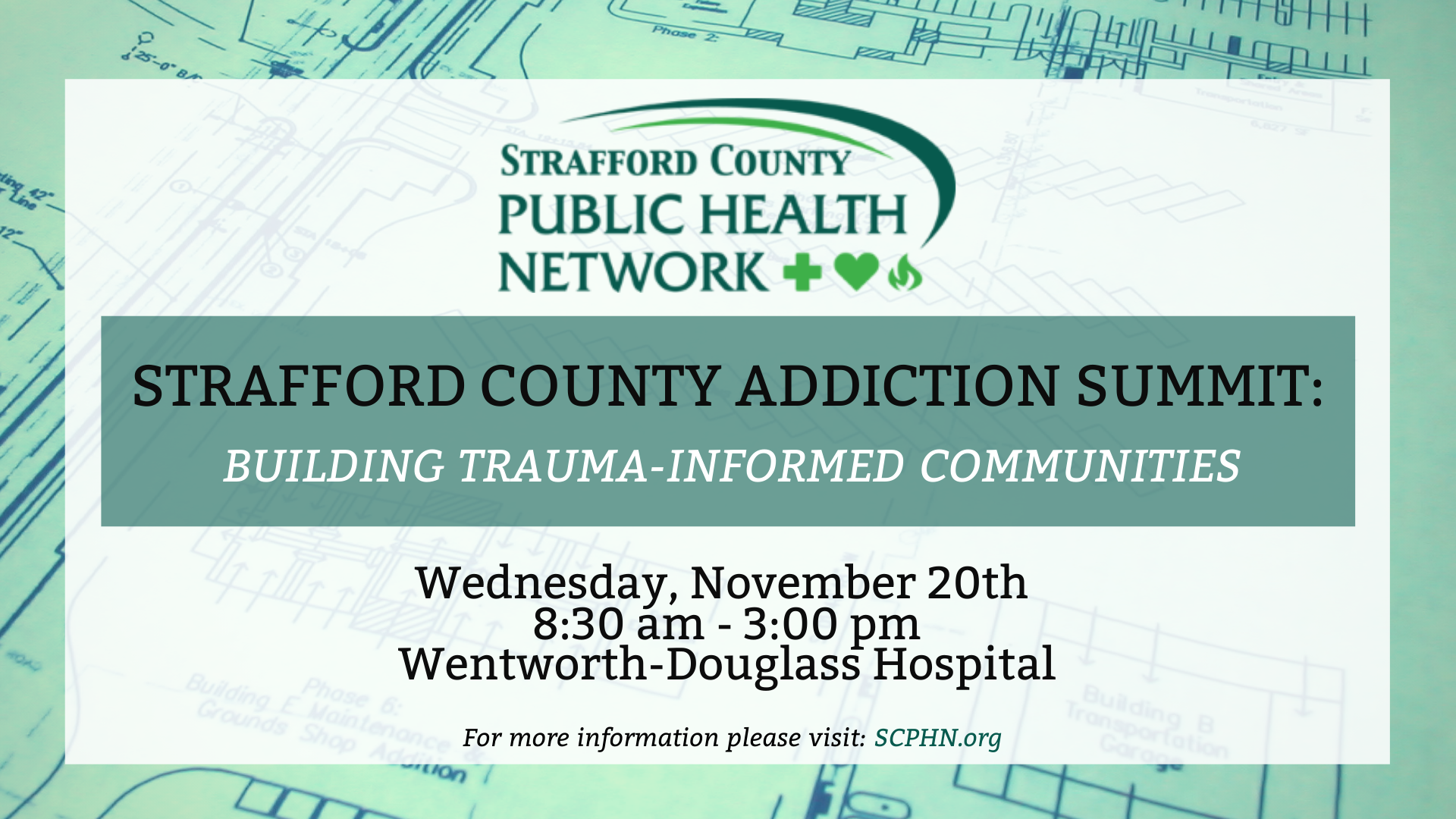
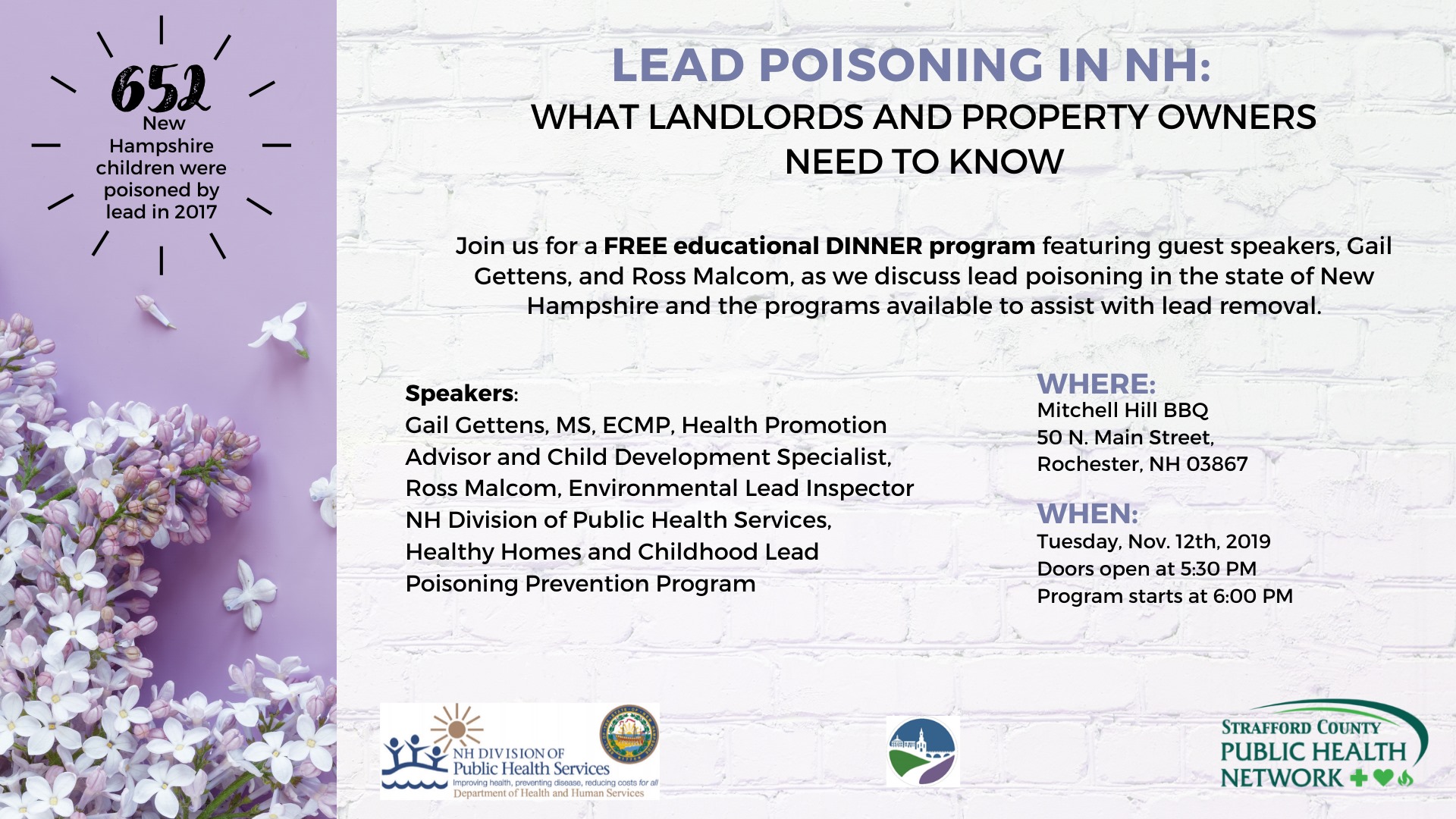
 SOMERSWORTH, February 3, 2016—The Strafford County Public Health Network has released a 3-year Community Health Improvement Plan (CHIP). The CHIP is a systematic, county-wide plan that summarizes the health of the county, assesses gaps and assets, and recommends evidence based solutions to address the county’s most pressing public health issues.
SOMERSWORTH, February 3, 2016—The Strafford County Public Health Network has released a 3-year Community Health Improvement Plan (CHIP). The CHIP is a systematic, county-wide plan that summarizes the health of the county, assesses gaps and assets, and recommends evidence based solutions to address the county’s most pressing public health issues.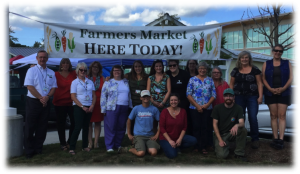
 SOMERSWORTH, October 29, 2015 — The Somersworth Farmers Market wrapped up its first season on Thursday, September 24 and met its goal of improving access to fresh produce and reducing disparities to accessing healthy food.
SOMERSWORTH, October 29, 2015 — The Somersworth Farmers Market wrapped up its first season on Thursday, September 24 and met its goal of improving access to fresh produce and reducing disparities to accessing healthy food.